During China’s Universal Periodic Review (UPR) at the UN Human Rights Council in Geneva, twenty UN member states raised significant concerns regarding China’s human rights abuses in Tibet, doubling the number from the 2018 review. Issues highlighted included coercive boarding schools, arbitrary detentions, and restricted access to Tibet.
The International Campaign for Tibet welcomed this surge in international attention, highlighting the absence of Tibetan voices in the review process.
Among the issues raised were China’s coercive boarding schools and relocation policies in Tibet, as well as calls for religious freedom and cultural rights for Tibetans. Member states expressed alarm over the separation of over one million Tibetan children from their families and the erosion of their language, religion, and culture in these boarding schools.
Furthermore, concerns were voiced regarding arbitrary detentions of Tibetans and the lack of unfettered access to Tibet for foreign diplomats and journalists. China’s delegation refrained from directly addressing these issues, instead claiming that religious and cultural rights of Tibetans were protected.
In a climate described as tense, with an unusually large Chinese delegation present, comprising over 40 diplomats, Beijing attempted to discredit criticisms, dismissing them as “smears” and “lies.” The Human Rights Council’s decision to restrict access for civil society added to the contentious atmosphere, with NGOs initially allocated only 15 seats, all taken by Chinese government-organized NGOs (GONGOs).
Amidst these challenges, the International Campaign for Tibet reported to have participated in a side event organized by the Helsinki Foundation for Human Rights. Panelists, including representatives of the Dalai Lama and leading Tibetan rights advocates, reiterated the urgency of addressing the situation in Tibet.
US Under Secretary of State Uzra Zeya, serving as the US special coordinator for Tibetan issues, and Ambassador Michèle Taylor added their voices to the discussion, underscoring the importance of continued international scrutiny and action on Tibet.
As the UPR drew to a close, the international community faces the task of translating words into meaningful action, ensuring that Tibetans’ voices are heard and their rights protected in the face of ongoing oppression.

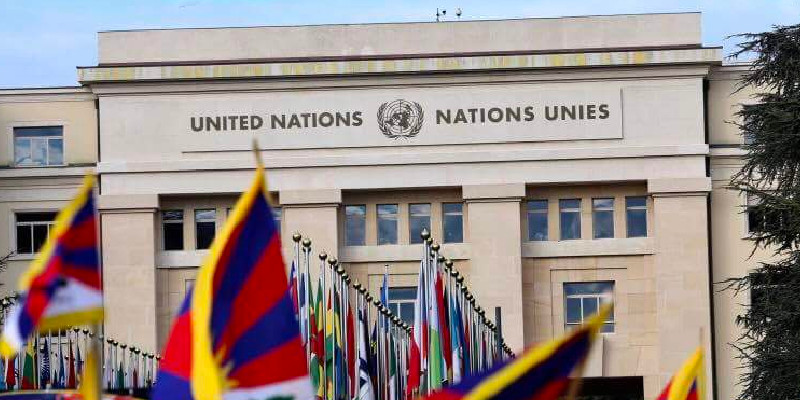
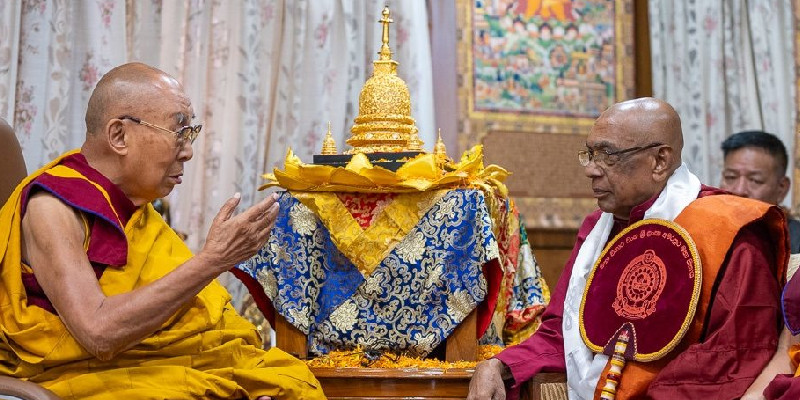
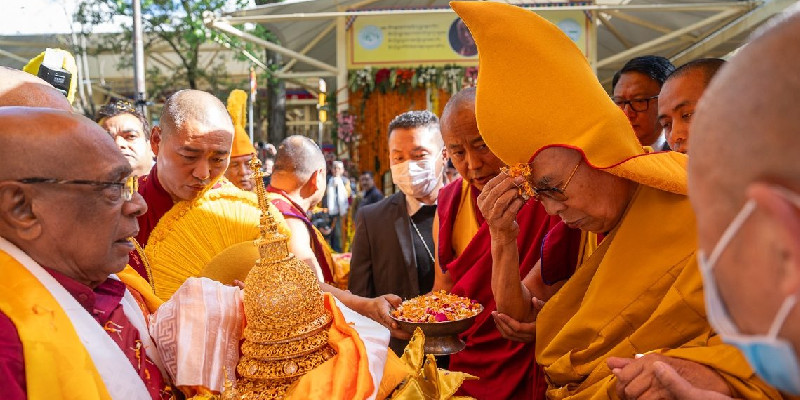
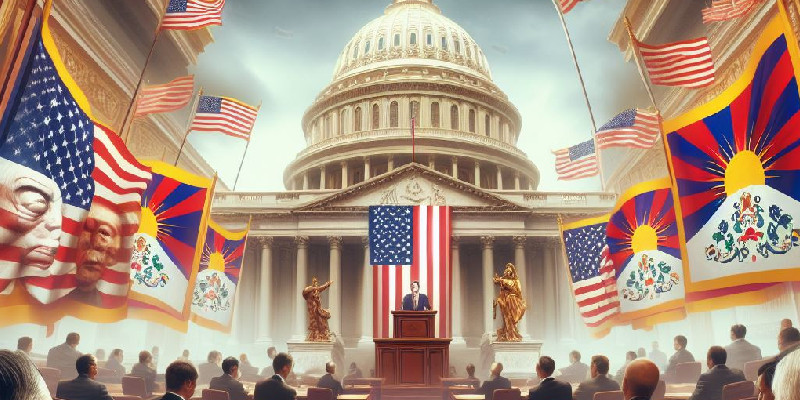

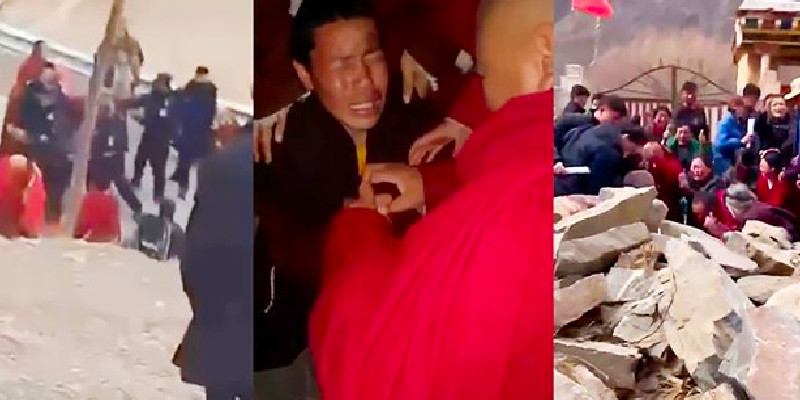
Leave a Reply